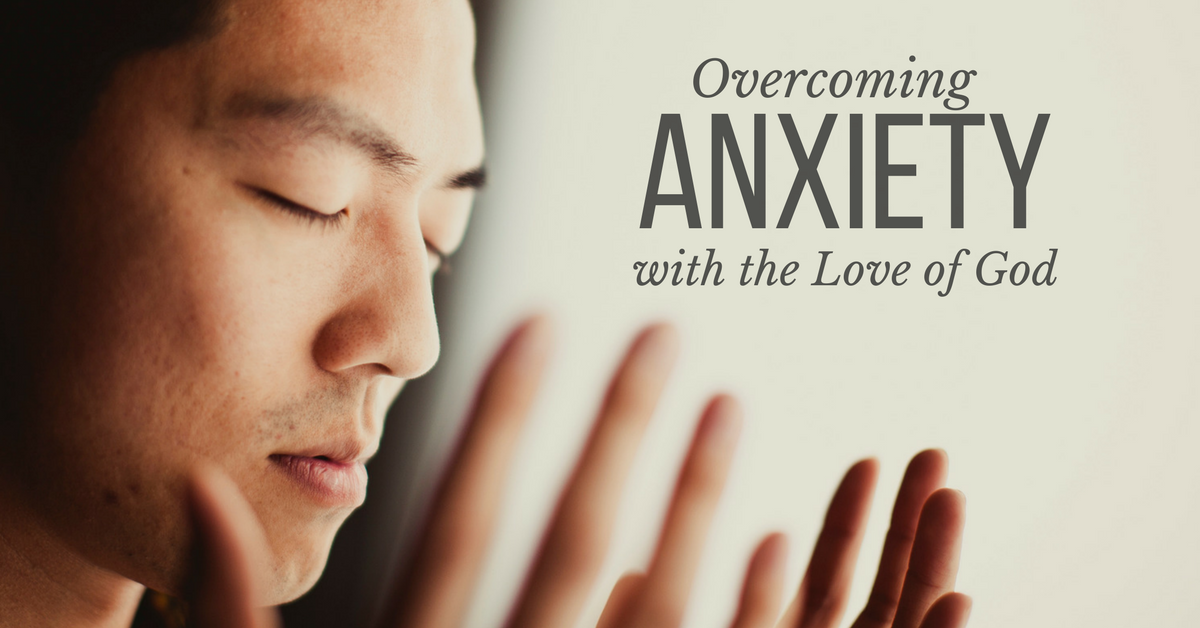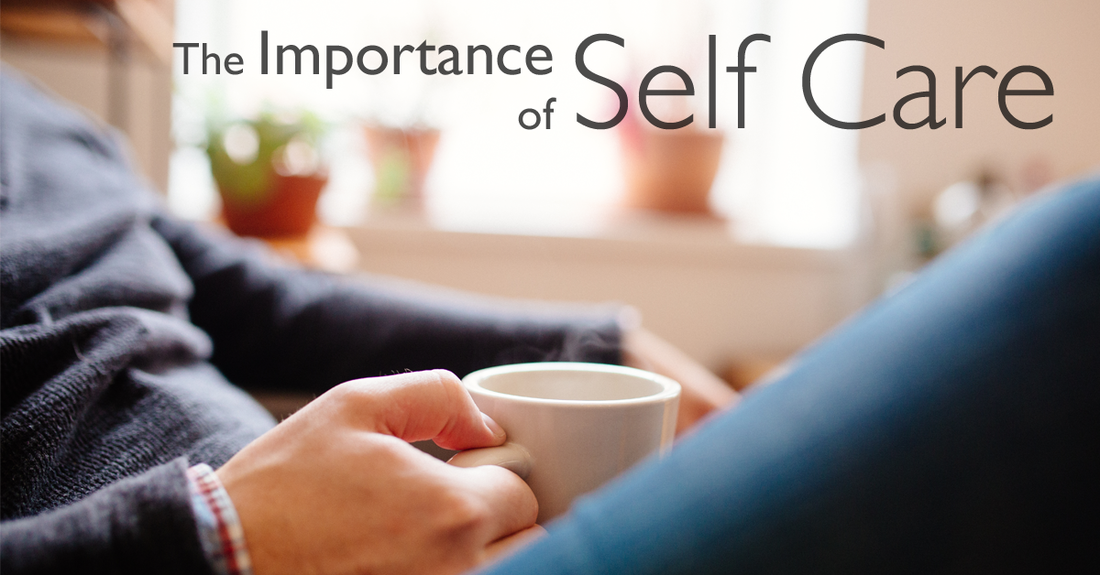|
This is a guest post by Mallory Pickering, a friend and fellow seminary alumnus of our director, Tres Adames. Mallory is currently serving as a hospice chaplain and bereavement coordinator in Flowood, Mississippi. Sometimes we feel anxious because we don’t see an end in sight to everyday demands. We experience stress because we aren’t sure how we will manage. It can be difficult to admit the fear of not being able to cope with the demands of life, much less take steps to address the anxiety. As anxiety is part of the human experience, these things are not meant to be cures, but tools. 1. Slow DownThink about the physiological and psychological impact of anxiety. The heart speeds up, the head races. We imagine negative situations and scan our brains to find possible ways to solve those worst-case scenarios in advance. We long to step into the future and exert the control needed to protect ourselves from pain or discomfort. We feel rushed to solve more and accomplish more. We think about getting through the next task and the next. We think anxiety will be relieved by achieving more—and sometimes it is. But not for the long-term. As counter-intuitive as it may seem, applying the brakes can be helpful when anxiety takes over. Slowing down is a way to reclaim your life and acknowledge your limits in a healthy way. When you’re anxious, take a breather. Put on the brakes and lean in. “You should sit in nature 20 minutes every day. Unless you are busy; then, you should sit for an hour.”--Zen saying 2. GroundingOne way to slow down is through a practice called “grounding.” The idea is to root yourself once again to the present time and place so that your preoccupation with the future diminishes. A helpful grounding technique is to awaken your senses one at a time. Press the pause button on your worry, and take a look around the room. What do you see? Close your eyes for a moment and focus your attention on the sounds around you. What do you hear? Now with your eyes remaining closed, focus on how your clothes feel against your body or on the temperature of the room. Have a peppermint and focus on its strong taste and smell. By reconnecting with your sensory experience of the world, you become aware of what’s actually happening and the “what-ifs” fade to the background 3. Thought Stopping Technique“Oh gosh. What if I don’t get [insert task] done?” “What if [insert person] doesn’t like me?” “What if nuclear war breaks out?” Nope. Cut it out. “What-if” questions are major time-wasters and stress-adders. Most of what we worry about doesn’t actually come to pass, and the mental energy we spend on worry could be better used in doing good to others and to ourselves. Tune in to your own internal dialogue. You will probably be surprised with how much of your thinking has to do with possibilities (and often negative ones) instead of concrete realities. When you practice stopping thoughts that contain negative possibilities, you’ll rob fear of its power. Learning to deal with what is right in front of you is your best chance at combatting anxiety. 4. The Next Right ThingThis has personally been one of the most helpful things for me when I’m experiencing overload. Instead of thinking about how to grapple with a hugely overwhelming situation or a major life change, ask yourself what to do next. What will you do with the next hour you are afforded? Make a list and a follow it. That way you are doing something productive to affect positive outcomes within the scope of power you do have. “Just do the next right thing, one thing at a time. That'll take you all the way Home.” -Glennon Doyle 5. SabbathJesus said, “The Sabbath was made for man, not man for the Sabbath.” (Mark 2:27) The Sabbath is a gift, and it’s one we need to reclaim, not in a legalistic way, but for the benefit of our human bodies, minds, and spirits. I try to make Sunday a day of rest and worship. Believe me, between the actual demands of life and our own self-created plans, the to-do list will never end on its own. We have to actively set aside time in our lives to recharge. Real rest is not about vegging out in front of the television. Sometimes we DO need something mindless to give ourselves a small break, but true Sabbath is about doing what gives you life. A good Sabbath may involve cooking or baking, writing or painting, getting outside, playing with your kids, and yes, a good Sunday nap. Also, taking a Sabbath rest doesn’t have to occur on a Sunday or Saturday. It’s not about the day of the week; it’s about carving out time for regenerative activities and self-care. Treat yourself to a mini-Sabbath every day if you can. We need margin and play in our busy lives.
What is your perception of God?When we talk about God, we often start by describing Him in vague terms. Our perception can easily mutate into a caricature contrary to who God really is. Many people view Him as a mean, distant figure—a deity who is only concerned with creatures who act moral, and who has no vested interest in connecting personally and lovingly with them. In the book, Let's Start with Jesus, Dennis Kinlaw notes that: "Most of the gods that so-called unbelievers reject have never had any objective reality and are simply the goblin constructions of their own minds...The god before whom the sincere believer bows likewise may be a caricature that does little justice to the reality one believes oneself to be worshipping." In reality, God is love. He is transcendent but He is also personal. This is most vividly presented in the New Testament in the person of Jesus Christ. God cares about us immensely. He is the Creator of the universe, yet His eye is on the sparrow: "Are not two sparrows sold for a penny? Yet not one of them will fall to the ground outside your Father’s care. And even the very hairs of your head are all numbered. So don’t be afraid; you are worth more than many sparrows." --Matthew 10:29-31 (NIV) Sometimes false perceptions of who God really is can cloud our perspective. God is not an abusive father and He is not distant. He is everlasting perfect love and wants to be in fellowship with every single one of His children. Love and FearFear and love are opposites. In fact, scripture says: "There is no fear in love. But perfect love drives out fear, because fear has to do with punishment. The one who fears is not made perfect in love."(1 John 4:18) This is true from a spiritual level, but also a physiological level. The amygdala is the part of the brain that senses fear. We also have another part of the brain that helps regulate that fear called the anterior cingulate cortex, or ACC for short. A fascinating study showed that meditating on a God of love helps people manage and diminish fear and anxiety: "Dr. Newberg at the University of Pennsylvania has shown that when individuals aged 60 to 65 meditated 12 minutes a day for 30 days on a God of love, they experience growth in the ACC as measured by MRI brain scans, reductions in heart rate and blood pressure, and improvement in memory testing. Meditating on any other God concept, such as an angry, wrathful, distant, or punitive god did not result in these positive outcomes" (Timothy Jennings, The Popular Encyclopedia of Christian Counseling). If you are struggling with anxiety, reach out to God. Connect with Him through prayer and meditation on His Word and His character: "Cast all your anxiety on him because he cares for you" (1 Peter 5:7) God loves you unconditionally and has His best in mind for you. Will you trust Him today? Subscribe to My Newsletter
In the summer of 2013, there was a shocking story about two life coaches who committed suicide together. What was ironic and sad was the fact that they hosted a radio show called "The Pursuit of Happiness." Apparently the two were a couple and the woman suffered from major depression. This tragic story highlights an important issue. Those of us in helping professions need to take care of ourselves as we help others. You can't give out of an empty cup. When I was in a counseling class in seminary, the professor told us that all pastors and counselors should seek counseling for themselves. I found that odd at first but immediately recognized the wisdom behind it. It's easy to ignore our issues when we are ministering to others. Not only is it unwise to bury our personal problems, it can lead to inefficiency. I think this is part of what Jesus was getting at when he said: "How can you say to your brother, ‘Let me take the speck out of your eye,’ when all the time there is a plank in your own eye? You hypocrite, first take the plank out of your own eye, and then you will see clearly to remove the speck from your brother’s eye." (Matthew 7:4-5) You are responsible for yourself. It's obvious that Jesus is speaking to those who have a blatantly critical attitude but it's amazing how a lack of self-awareness can cloud the best of our intentions. It's so easy to hide our insecurity behind the busyness of taking care of others. We can't help other people with their problems until we own ours first. If we don't take care of ourselves spiritually, physically, mentally, and emotionally, we will be ineffective in our attempt to help others. Even worse, we can burn out. We can't see clearly as we minister to others until we allow the Holy Spirit to take the plank out of our own eye. How do you find time to take care of yourself? Subscribe to My Newsletter
When I was in school, I had several teachers that required us to journal on a regular basis. Of course there were certain parameters and topics we had to cover. We were graded according to how well we followed instructions, and whether our writing was free of spelling and grammatical errors. Many clients I work with have had the same experience with journaling. So when I bring up the fact that journaling has been shown to improve mental health, they are hesitant, approaching it like a school assignment. But this is not what I'm suggesting. James Pennebaker, a social psychologist and researcher, pioneered what is known as the expressive writing method—an intervention that has shown to improve the mental and emotional health of participants. The research done by Pennebaker showed that writing about one's own story can help with coping and processing memories. Here is the step-by-step process for journaling using this method: 1. Find a notebook or journal. It doesn't have to be a fancy leather-bound diary—a simple notebook with lines will do. 2. Time yourself for 15 minutes. Set a watch or the timer on your phone. 3. Write about a specific memory or an issue you are currently dealing with. Don't worry about spelling or grammar. You are not being graded. This is all about getting your emotions out on paper. 4. Do this four days in a row. Try writing before bed when you are winding down, or during some quiet time when you won't be interrupted. Unlike the tedious journaling that many of us did in school, this activity is meant to be freeing. You may find that your entries turn into prayers and one-sided conversations with God on paper. One reason I believe this method works is that you are allowing yourself to process things through free association—the same thing one does during therapy. When traumatic things happen in our lives, we often try to find meaning. Words are meanings, and when you put your experience into words, you might be surprised at the insight and meaning you discover. So there you go. Give it a shot and let me know what happens. Subscribe to My Newsletter
|
Article Topics
All
Archives
July 2023
|
We're ready to help. Let's begin.
Peoria LocationInside State Farm
9299 W Olive Ave Ste 212 Peoria AZ 85345 |
Phoenix LocationInside CrossRoads UMC
7901 N Central Ave Phoenix AZ 85020 |
About |
Services |
EducationPrograms
ACPE Spiritual Care Specialist Pastoral Counseling Apprenticeship Deconstruction Course Free Grief Training Contact |
We're ready to help. Let's begin.
© 2024 Prism Counseling & Coaching. All Rights Reserved.
Christian DISC® is a registered trademark of Prism Counseling & Coaching.
Christian DISC® is a registered trademark of Prism Counseling & Coaching.








